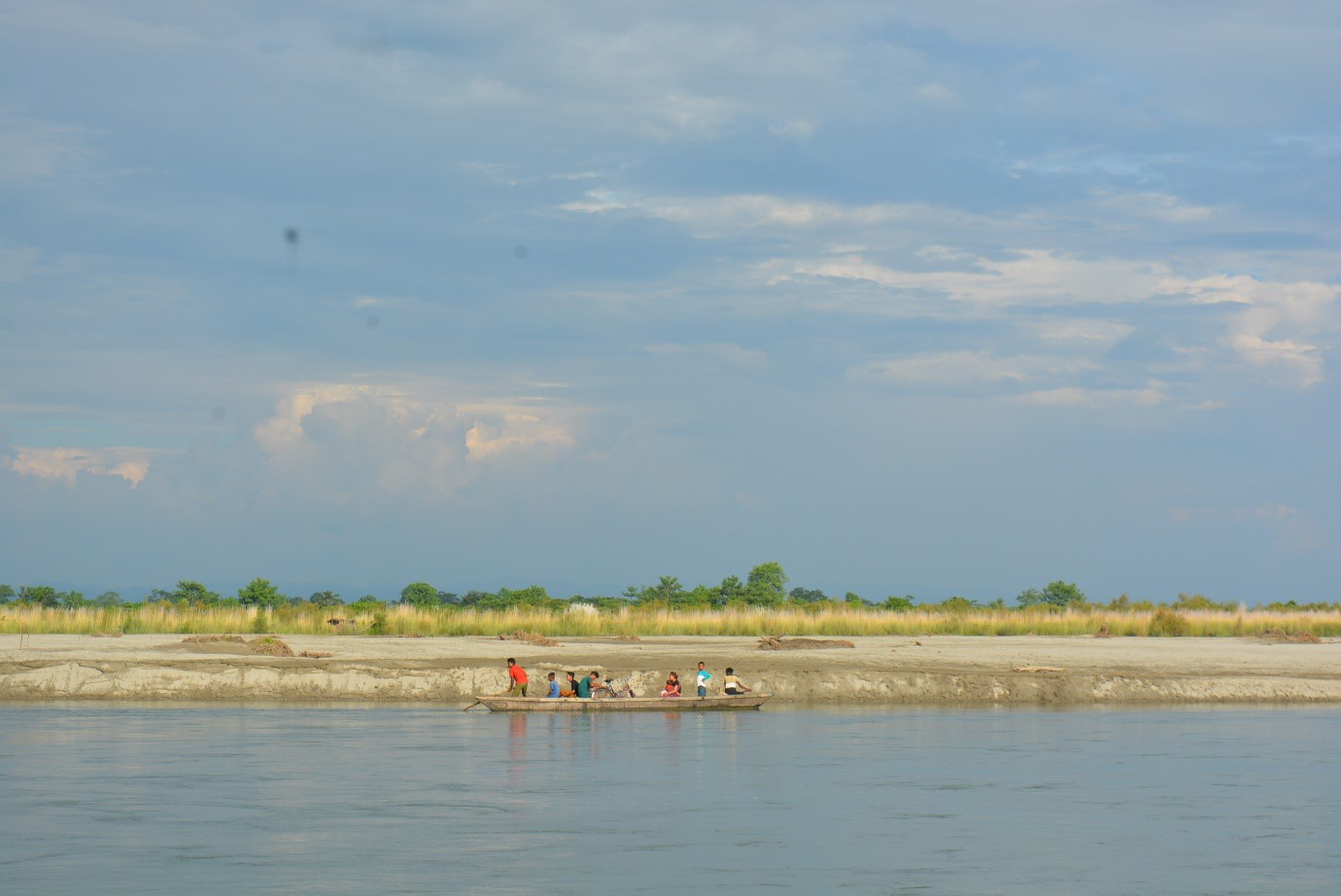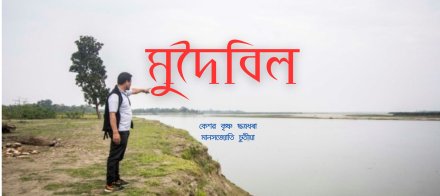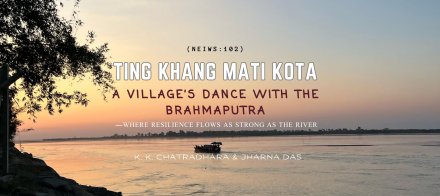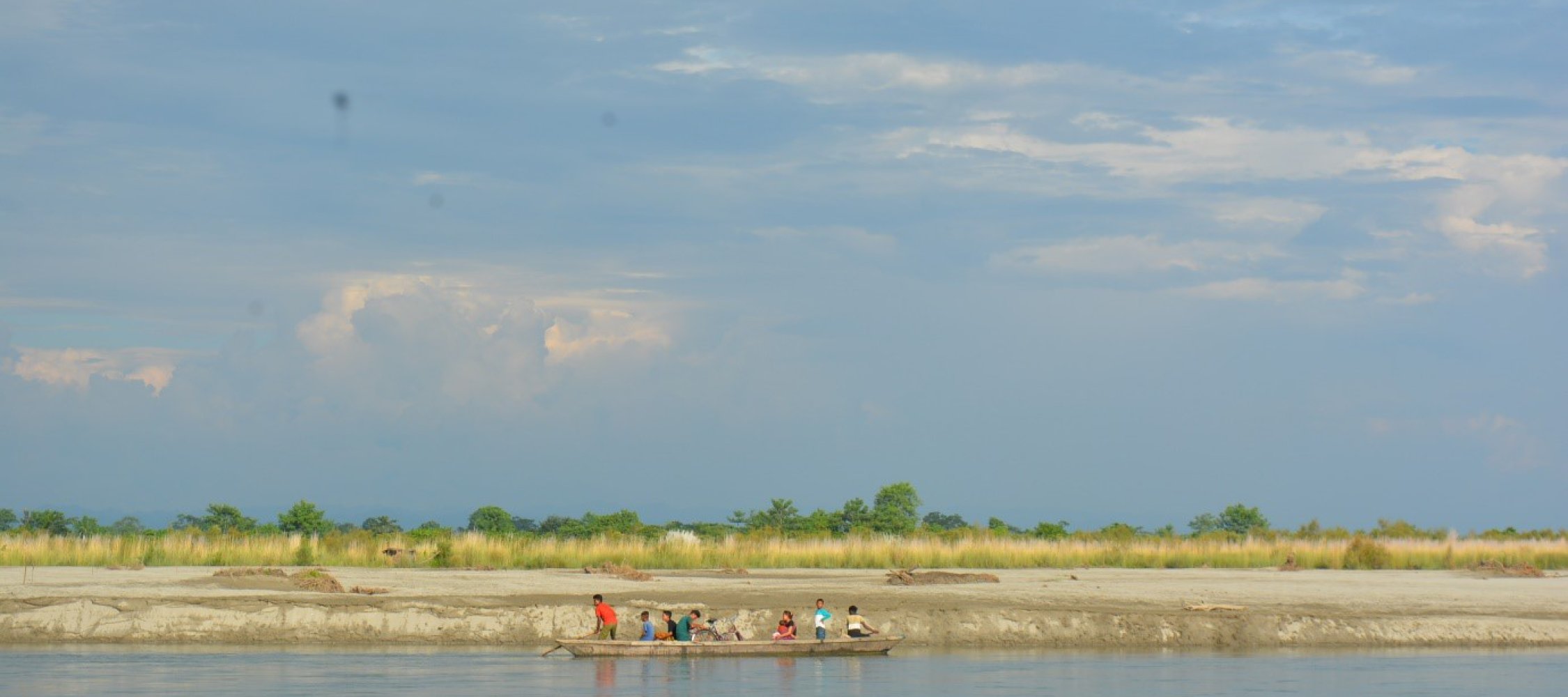 |
Since my childhood, I am always fascinated about water bodies and how they affect our day-to-day activities. So, I was very lucky to get a wonderful opportunity to work as a fellow in Arunachal Pradesh under the Northeast Water Talk Initiative Supported by NEADS as a part of my Water Fellowship work, I selected Namsai District of Arunachal Pradesh.
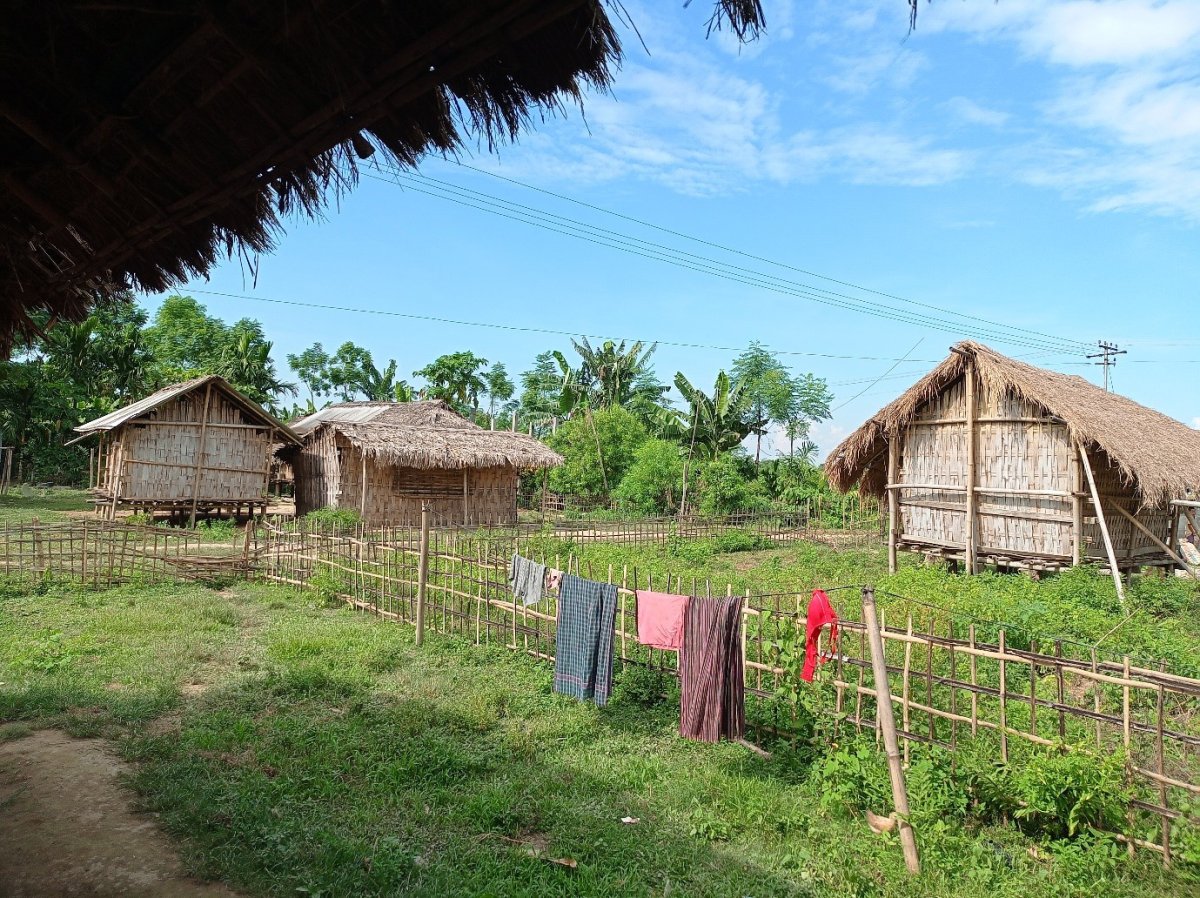
After Reaching Namsai I stayed in a Friend’s house whom I met a few years back at my college. I decided to work on Nao Dihing river. I visited Arunachal University, and talked and discussed with the professors of geography department, and research scholars about various issues of Nao Dihing river and how it is affecting the lives of the people of Namsai district.
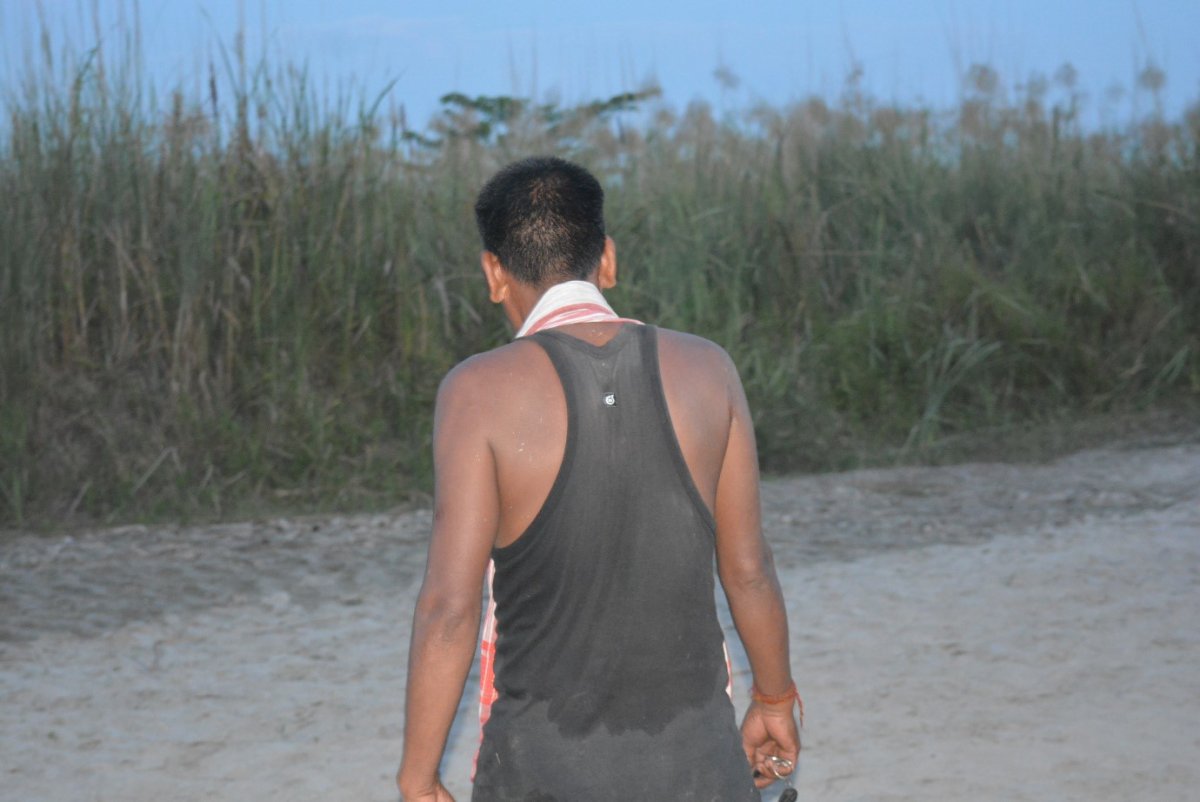
Nevertheless, I visited various villages such as Eraloni, Sitpani, Kaupatoni, Krishnapur, Urisati villages under Lekang circle of Namsai district which are near the river of Nao Dihing. I came across various community during my visits with different kinds of narrative and stories regarding the river Nao Dihing River.

Among all the stories and information which are given by the dwellers, the story of Silathu Khamti village, in my opinion, is worth mentioning. There was once a village named Silathu on the banks of the river Nao Dihing, hundreds of families belonging to Mising community used to peacefully live there using agriculture as the main means of occupation. Mr Rajkumar Panging the newly rehabilitated resident of new Svillage said. He added that 4 years back in 2016, like every day it was a normal day for them, in Silathu village, everyone was busy doing the daily works, when suddenly the water level of the river rose and swept the entire village. Maximum of the domestic animals, utensils and household materials were entirely swept off by the flood. The new Silathu village was the name given to the village in which the flood affected people of the original village were settled in by the Government of Arunachal Pradesh. The life in the newly settled village was hard, as because they were given very less amount of cultivable land by the Govt compared to their previous lands, For which to support their family and earn a livelihood they are doing crop sharing method of cultivation with the nearby villagers' land. As because the missing community of Arunachal Pradesh are not recognized as tribe, and therefore they are not given the permanent residential certificate for which they cannot apply for maximum of the governmental jobs in Arunachal Pradesh for which they have very less scope for occupation, apart from agriculture and due to that flood occurred few years ago, the faith of the people of Silathu is destroyed as there only source of livelihood i;e there agricultural lands are all swept away said Rajkumar Panging from newly settled village of New Silathu. He has 4 children, 2 sons and 2 daughters, earlier his elder son and daughter went to a private English school, but due to financial condition they are now admitted to a government sector school, he added. Arunachal has strict laws which prevent tribes and communities which have roots in Assam from acquiring benefits like that of local tribes, so Mr Panging is uncertain about the future of their children.
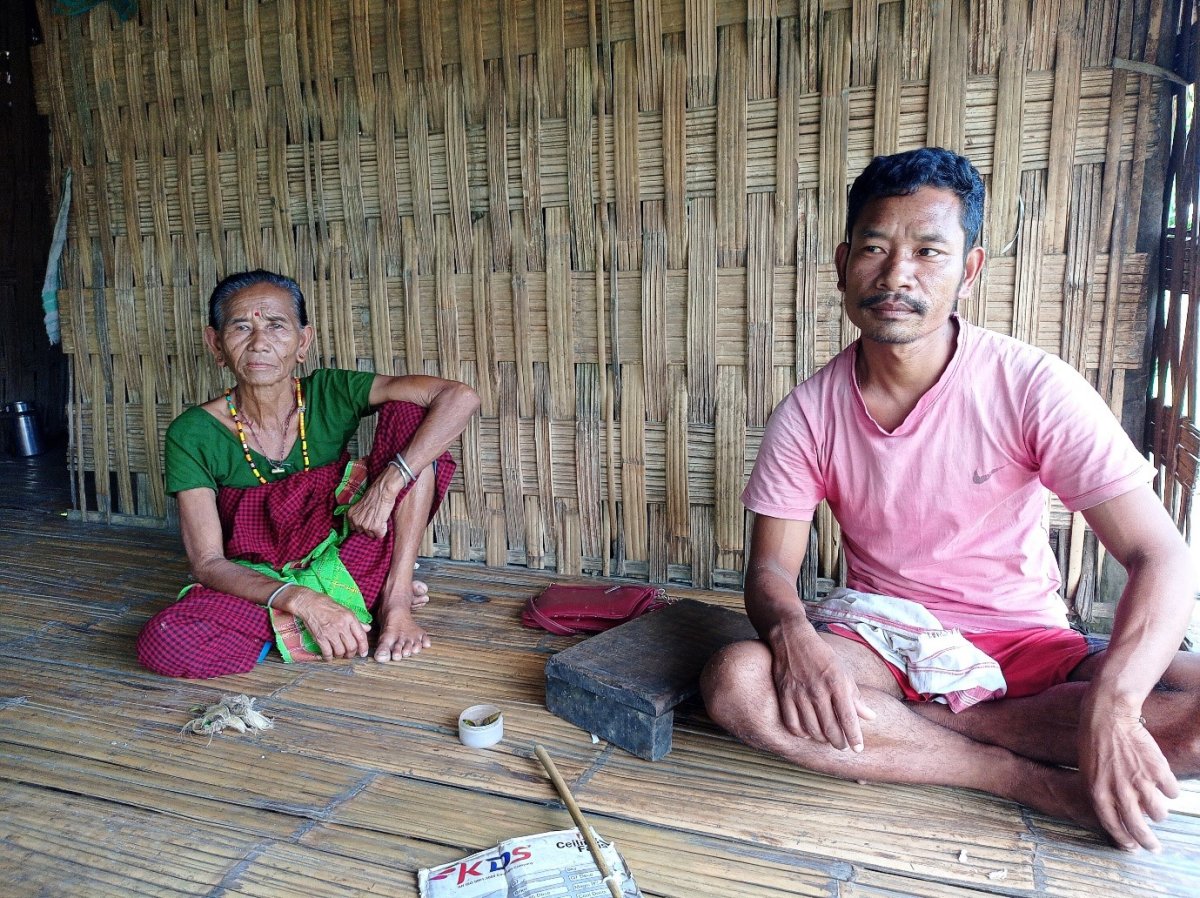
On the other hand, I met Mr Budhin Gogoi of Eraloni village not very far from new Silathu village, He told showed us a dried stream which was a tributary of Nao dihing river, which flows through the village. He said that after every couple of years when heavy rainfall occurs, the stream gets over flooded with rain water, creating floods in the village and nearby areas, He also said that river embankments have been sanctioned by the state government, but due to corruption and internal politics it never gets completed properly. Moreover, the awareness about flood problem in Arunachal Pradesh is very minimal national wise, so policies to tackle the problem of flood in Namsai district is never been properly formulated. He urged me if we could create a bit of awareness on a larger scale to tackle this flood problem, through our water talk initiative, as they have very little scope and medium to make their voice heard.
